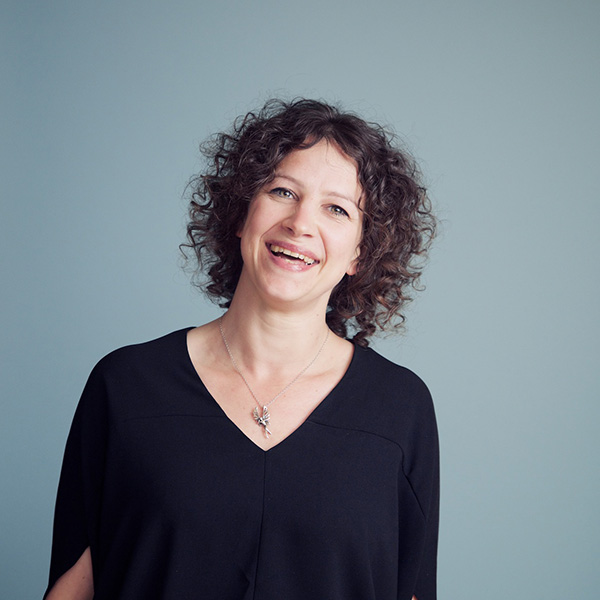Education and The Value of Interdisciplinary Thinking
One of the biggest problems that we face as design thinkers coming into other organizations to help them reform their process is siloed thinking. We see people in the sales department with a set of goals and skills completely divorced from the people in customer care. People in the research and development department with a completely different corporate culture than the people in management. Some people find their lane and stick to it like glue, being careful never to even glance across at what others are doing.
It would be easy to lay the blame for this on departmental rivalries or the incremental KPI’s driving them, but there are more insidious reasons. Siloed thinking is taught to children throughout their entire educational experience, from nursery school all the way up to University. The system is not designed to reward interdisciplinary thinking.
Beginning early, subjects of study are divided up, and while this seems altogether logical, allowing students to focus on the task at hand, it also prevents them from learning the ways that their subjects interact with one another. Take, for example, the sub-division of Social studies. How much easier would politics be for a student to understand if they knew the history behind each movement? How much more logical would the lines drawn on a map be if students had learned about the growth of each nation? When you get to even more disparate subjects like Art and Mathematics, the division seems perfectly logical, until you remember how the golden ratio influences the composition of a picture.

The modern educational environment is a recent construct and the division of studies, even more so. When you look back at the Renaissance or Ancient Greece, the great scientific thinkers, great engineers and great artists were one and the same. The mastery of a single subject was considered an incomplete education. Even up until the Victorian Era every “great thinker” had as many artistic pursuits as they had mechanical ones.
It is easy to point out the dangers of giving someone an education in medicine or engineering where the lives of others are in their hands without them ever taking a class on ethics. Explaining to a tech guru why a few night classes in linguistics might have saved their chatbot from failure is a more difficult proposition.
Siloed thinking is taught to the majority of us from a very young age, so it’s only natural that it impacts our working lives.
Here at the labs, we have done our best to integrate a diverse worldview into our culture at its foundation. There are engineers and designers working side by side with anthropologists and artists. Whatever insights or points of view that any one of us might be lacking are balanced by input from our colleagues in all our collaborative efforts. That ability to think beyond barriers and switch between lanes is what we deliver to our clients, and this helps us to break down the walls that organizations have put in place from day one.
